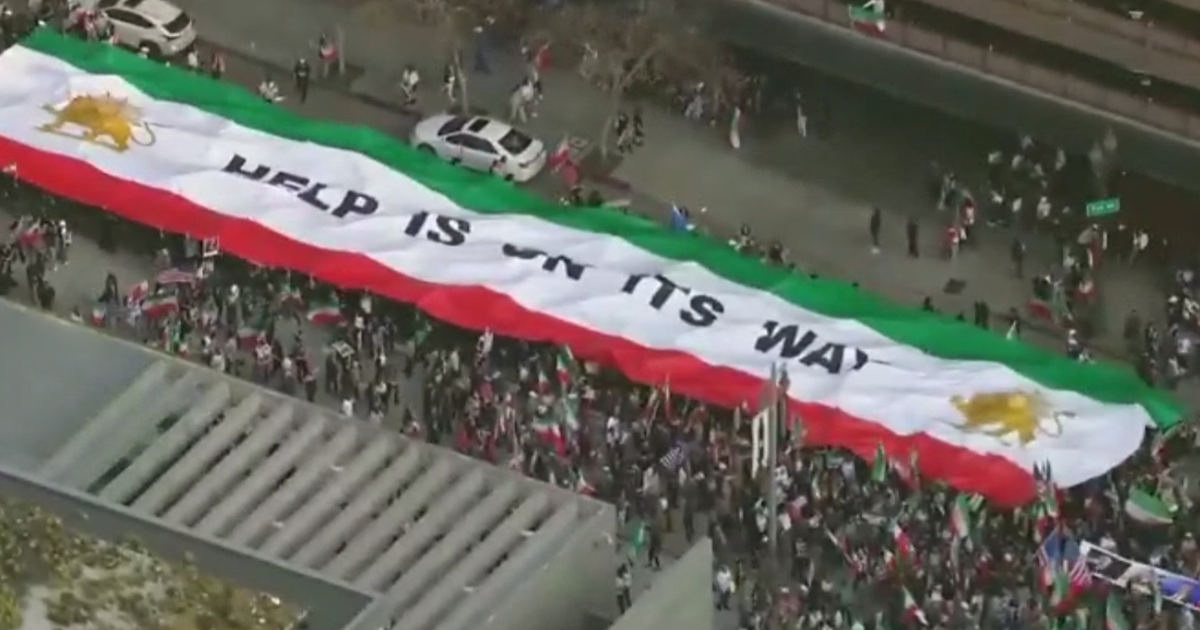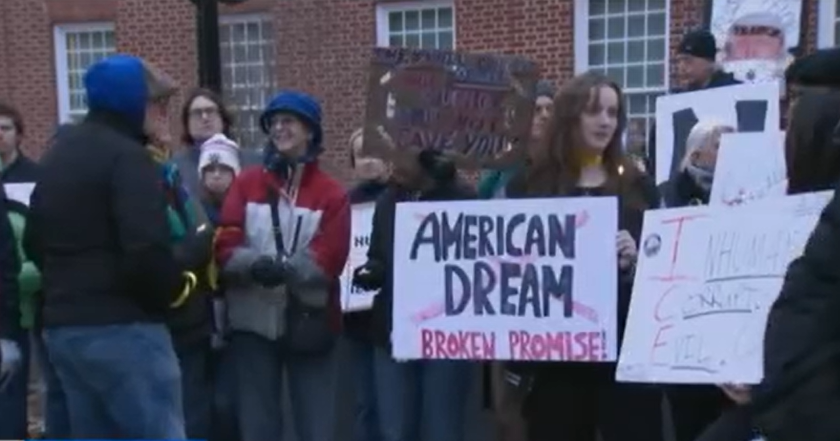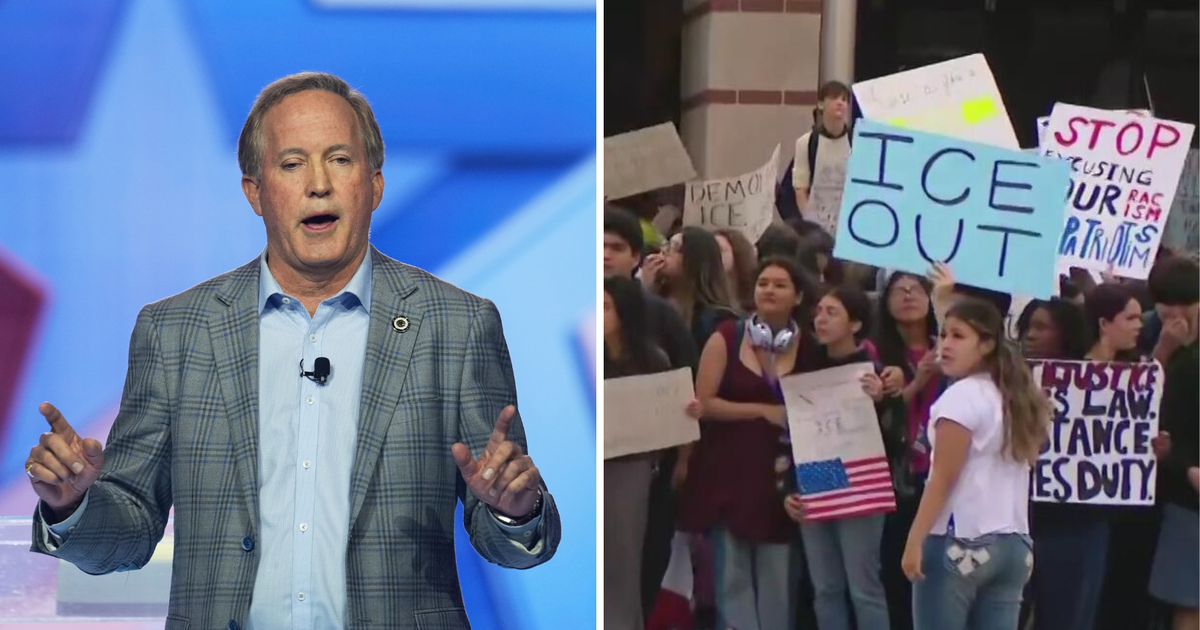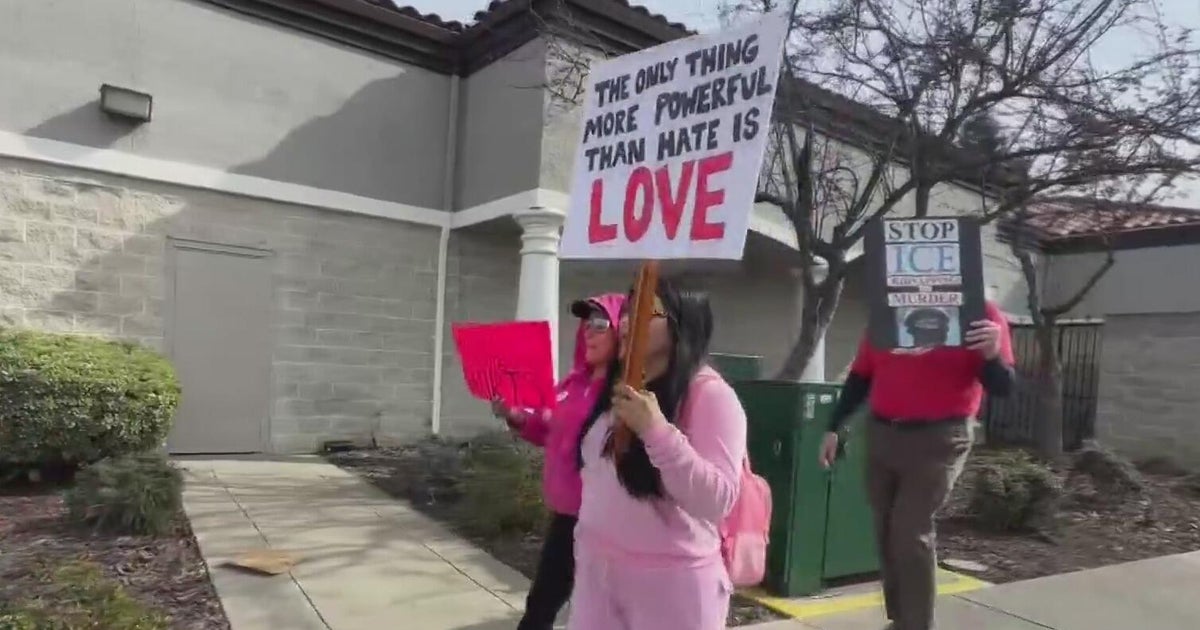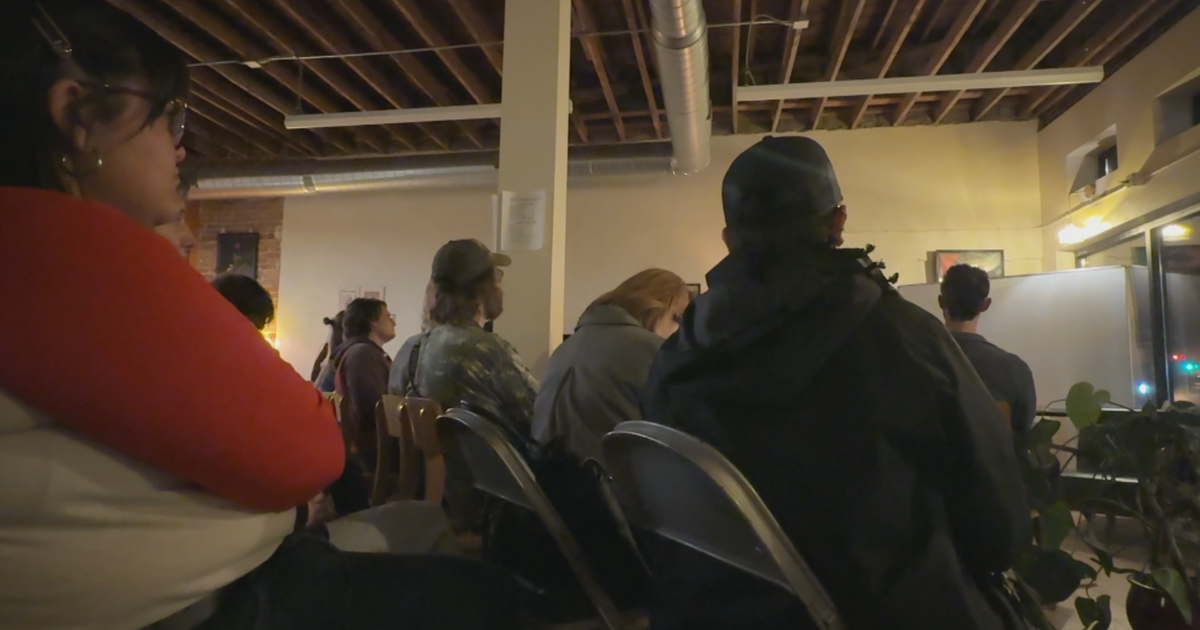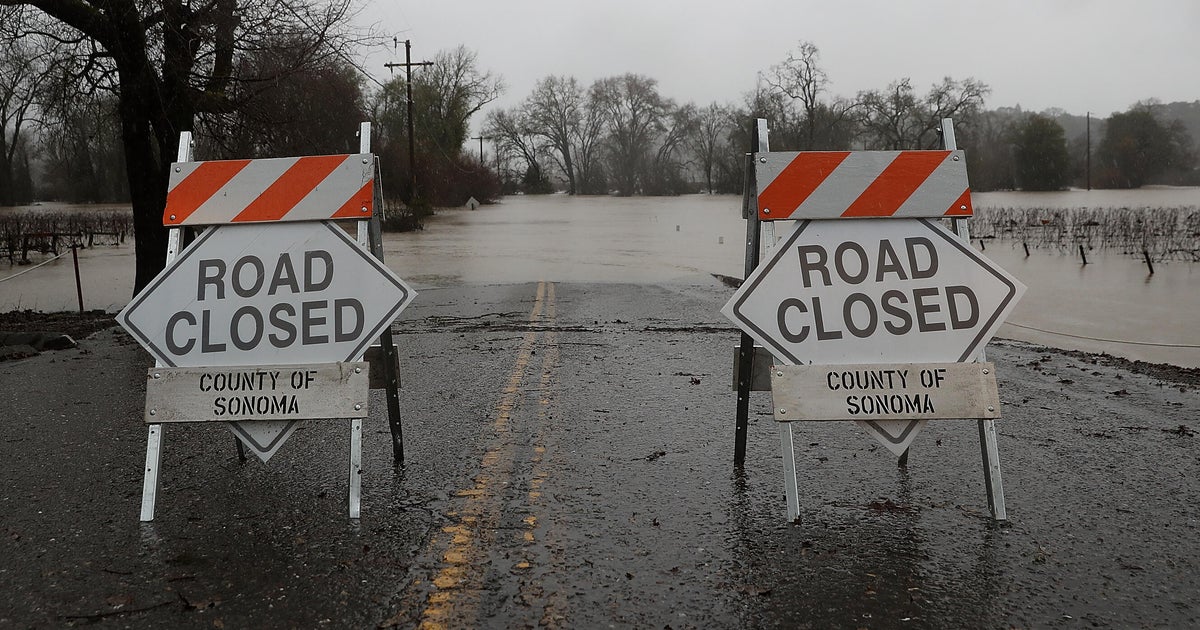Tech Leaders Stage SF Rally Over Web Piracy Bills
SAN FRANCISCO (CBS SF) -- As several prominent Internet companies held online protests Wednesday against anti-piracy legislation being considered by Congress, smaller San Francisco and Silicon Valley-based companies also held a live demonstration.
About 200 people, many of them technology entrepreneurs and startup employees, gathered at noon in San Francisco's Civic Center Plaza.
Speakers at Wednesday's rally implored legislators to work more closely with technology companies in drafting and implementing legislation regulating the Internet.
Prominent venture capitalist Ron Conway suggested that tech companies create a committee of innovators to help solve issues of copyright infringement and piracy through technological methods.
"Why don't we find a way to innovate a solution to the piracy issue?" Conway asked the crowd of technology employees and entrepreneurs. "Let's do what we've always done before, which is solve problems with technology and not against technology," he said.
San Francisco-based websites Reddit and Wikipedia shut down their websites for the day and have posted a message against two bills being considered by Congress, the Stop Online Piracy Act, or SOPA, and the Protect Intellectual Property Act, or PIPA.
In addition, Mountain View-based Google has blacked out its logo and linked users to information about the two bills, while San Francisco-based Craigslist displays a page of information about the legislation before allowing users to access the website.
Some veterans in creating innovative and successful startups appeared at Wednesday's rally to speak out against the proposed legislation, saying it would impede the ability of successful companies in even getting off the ground.
Craig Newmark, founder of Craigslist, joked when asked if he started a company, "by accident I did."
He said Craigslist now receives 40 billion page views a month and employs 35 employees. "The bottom line for me is this new law is in really bad shape. It allows sites to be taken down more or less arbitrarily," Newmark said.
Caterina Fake, a co-founder of Flickr, said her company's success would have been impeded under the provisions of the proposed laws. "Flickr would not have been possible had this legislation been in place when we started," she said.
SOPA and PIPA would fundamentally alter how copyright holders seeking to remove infringing content from the Internet would make a complaint against the infringing company, said Parker Higgins, an activist with the Electronic Frontier Foundation.
While at the moment, companies complaining about copyright infringement first issue a notice to the infringing company to take down the offending material, under the new regulations, "it would be a different procedure and it would go directly to court order," Higgins said.
Internet service providers and search engines could be forced to remove all links and references to the entire offending site, not just the pages with the copyrighted material, creating a particular problem for sites hosting user-generated content, Higgins said.
"A new site getting off the ground might not be able to start without hiring lawyers first," Higgins said. "Because of that there's a way that legitimate speech could be silenced," he said.
Organizers of Wednesday's protest said some of the companies that would be most affected by the legislation are the Bay Area's small startups, companies that they said might build the next Google or Facebook.
Myles Weissleder, founder of SFNewTech, said the proposed legislation could cost the area jobs, as it could increase the barriers to entry for startup companies.
"It's not really a harbinger for a good economy, especially here locally, because we build the Internet here. It's just going to make life harder for a lot of people and it's just not healthy," Weissleder said.
Nelson said one example of the type of startup that could be affected would be one dedicated to sharing videos through email. Since the song Happy Birthday is copyrighted, he said, a video of a birthday party could be considered illegal to share with others under the legislation.
"That kind of thing could bring your startup down," Nelson said. "The people building on top of Google, people building on top of Facebook, all of these startups could be at risk," he said.
"I read through the legislation and some of the proposals," Nelson said. "It's apparent to me that people who understand the technology deeply would never support this."
San Francisco Mayor Ed Lee issued a statement about the bills Wednesday morning calling on the House and Senate to "consider all the issues at stake more carefully" and seek more input from those in the fields affected.
"Innovative technology and new media companies in the San Francisco Bay Area and across the nation are creating hundreds of thousands of good jobs and driving our economic recovery," Lee said.
"While protecting intellectual property against piracy is extremely important, we must not take steps that stifle the free exchange of information on the Internet or harm critical engines for jobs and economic growth," the mayor said.
While Wednesday's protest began through fear of a challenge to the foundational structure of the Internet industry, organizers and participants at the rally heralded a new civic engagement from the tech community, and websites using their considerable outreach platforms to rally opposition to the legislation, rather than spending money lobbying.
"Today is the day that the government has figured out that the Internet actually matters," said Chris McCann, the founder of Startup Digest, a resource for online entrepreneurs. "On the flip side, today is the day the Internet figured out that the government matters."
(Copyright 2012 by CBS San Francisco and Bay City News Service. All rights reserved. This material may not be published, broadcast, rewritten or redistributed.)
